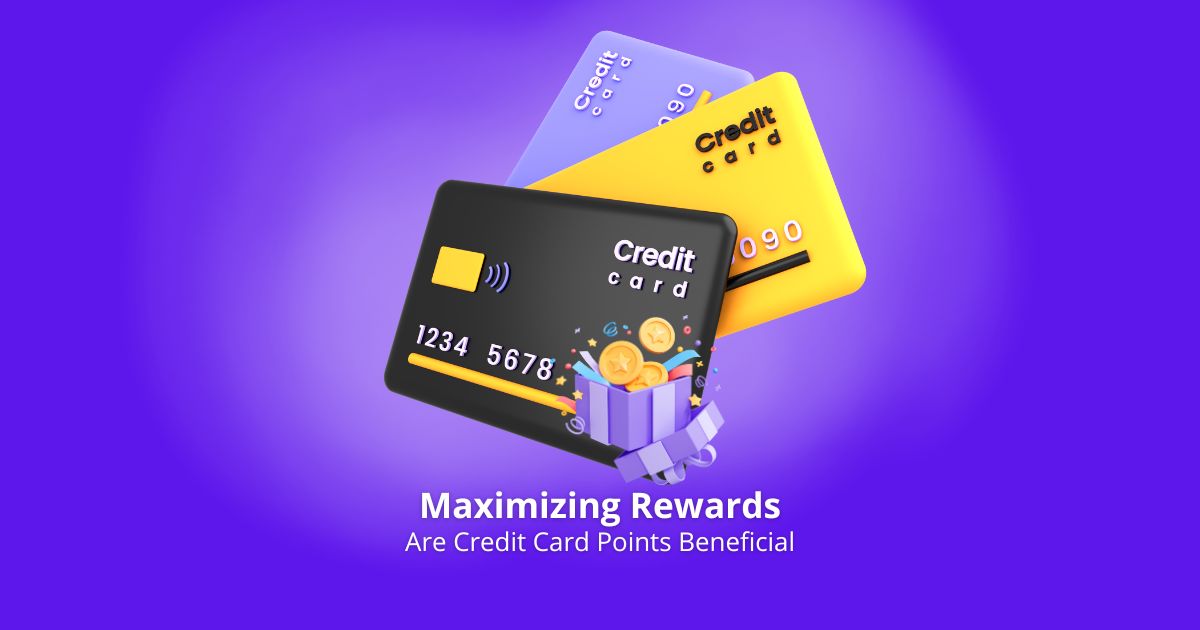Most credit cards come with a rewards program wherein cardholders earn reward points on all eligible purchases, which can later be redeemed to avail vouchers, merchandise or direct statement credit. Rewards may be offered in the form of points, travel miles, or in some cases, direct cashback into the statement.

So why are credit card reward points so popular and are these points really worth it
Let’s explore the benefits, and drawbacks, and how to maximize the value of these rewards.
Benefits of Credit Card Reward Points
→ Earning Potential: The benefit of earning while you spend is what attracts users. Everyday purchases like groceries, fuel, and dining can accumulate points that add up over time. On some credit cards, you will earn higher rewards for specific categories, enhancing the earning potential. Co-branded cards offer excellent value-back with the associated platform.
→ Variety of Rewards: You can earn value back in different forms, depending on the card variant. You can get reward points, air miles, loyalty points or direct cashback. Moreover, accumulated reward points can be redeemed for a wide array of benefits. From travel and hotel stays to merchandise and gift cards, the flexibility can cater to different consumer preferences.
Credit cards from the same bank could provide different earning and redemption options. For example, some Axis Bank Credit Cards provide direct cashback while others offer rewards or miles. The option to transfer reward points into air miles is also not available with all cards.
→ Sign-Up and Milestone Bonuses: In addition to the general reward earnings, a number of credit cards also offer bonus rewards as sign-up benefit or on reaching certain spending milestones. On many cards, these sign-up bonuses are quite substantial, which can give your points balance a significant boost right from the start. You may be required to spend a certain amount within the first few months of opening the account. In case of milestone benefit, you would need to meet the monthly, quarterly or annual spending thresholds to be eligible for the benefit.
Drawbacks of Credit Card Reward Points
→ Complexity and Restrictions: The terms and conditions of reward programs can be complex and difficult to understand, especially for new users. Reward points on most credit cards come with expiration dates, generally 1 year from the date of earning. There are several exclusions, as well. For example, utility bill payment, rent payment, fuel, insurance and EMI transactions are excluded from most credit card reward programs.
Apart from this, there could be blackout periods for redemptions, or limitations on how and where they can be used. Navigating these restrictions can be challenging and may reduce the overall value of the points.
→Temptation to Overspend: Since most credit cards promote the concept of ‘spend more, earn more’, the allure of earning more points can sometimes lead to unnecessary spending. It is important to stay disciplined and ensure that you’re not buying things you don’t need just to accumulate more points. This could lead to hefty bills which, if not paid on time, would lead to hefty penalties.
→ Annual Fees: Credit cards that offer better reward rates usually come with high annual fees. For example, premium cards like HDFC Diners Club Black could give you a value-back of up to 3.33%, but the annual fee is also high at Rs. 10,000. However, the additional perks on these cards compensate for the fee charged. Before choosing one such card, consumers must look at the overall benefits of the card to see if they would be able to maximize it.
Maximizing the Value of Reward Points
Now that you know about the benefits and drawbacks of credit card reward points, let’s delve deeper to understand how you can make the most of these reward programs.
→ Choose the Right Card: Select a card that aligns with your spending habits and offers rewards that would be actually useful for you. For example, if you travel frequently, a card that offers travel rewards and perks would be ideal. Similarly, if you prefer online spends, getting a card that offers a higher reward rate on online spends could be a better option.
→ Understand the Program: When you have multiple credit cards, it is important to familiarize yourself with the terms and conditions of each of the reward programs. Know how points are earned, any restrictions on redemption, and the value of points for different types of rewards. You can maximize the benefits only if you use the right credit card for the right kind of purchase.
→ Pay your Bills on Time: To maximize the benefit of reward points, avoid carrying a balance. If you spend a lot and earn substantial reward points, but you are able to pay only the minimum amount due, the interest on the unpaid balance will negate the value of the rewards you earn. Also, in this case, new purchases will also become ineligible for the interest-free period, which will add to your penalties.
Also Read: Here’s What Happens if You Only Pay the Minimum on Your Credit Card
→ Take Advantage of Bonuses: Utilize welcome bonuses, milestone benefits, and special promotions to boost your points balance. These can significantly enhance the value you get from your credit card.
→ Strategic Redemptions: Depending on your card variant, redeem points for rewards that offer the highest value. Travel redemptions, for instance, often provide better value compared to merchandise or gift cards. Plan your redemptions to coincide with sales or promotions to maximize value.
Credit card reward points can be highly valuable if used wisely. They offer an opportunity to earn benefits from your everyday spending, provided you choose the right card, understand the program, and use the card responsibly. By making smart use of the rewards program, you can ensure that the points you earn are truly worth it.